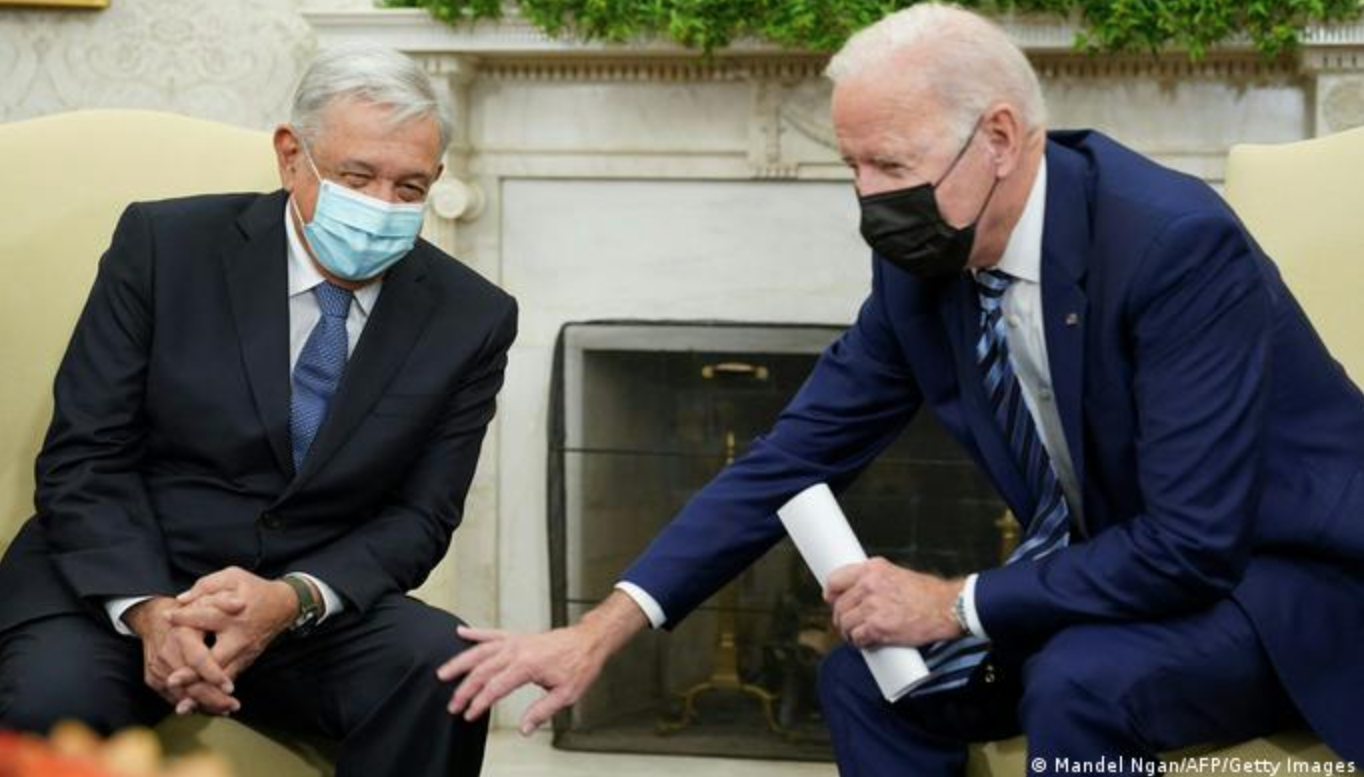On November 10, 1975, Emilio Rabasa, Mexico’s representative in the United Nations (UN) General Assembly voted in favor of resolution 3379, which defined Zionism as a form of racism. As a result of that vote, and then Luis Echeverría’s government position about it, the Jewish economic leadership of the United States declared a boycott of Mexico’s tourism offerings—a growing industry at the time—which prompted the emptiness of the beaches of foreign tourists.
As president, Luis Echeverría adopted a leftist discourse, or rather, in keeping with the times, a third-world discourse, and embraced all revolutionary causes, although internally he persecuted members of the urban and rural guerrillas. Let us remember that the concept of the third world appeared in academic and political circles in the context of the U.S.-Soviet bipolarity.
The Mexican president was about to finish his term and aspired to be the leader of the so-called third world and, in that way, to become the UN Secretary General. However, he was far from achieving either position.
That vote against Jewish interests brought serious damage to the Mexican tourism industry due to a travel advisory to Americans, who intended to do winter tourism in Mexico. It was relatively simple. Tour operating companies, many of which were managed by Jewish businessmen, inserted in the sales systems a false total occupancy in the Mexican hotel industry, thus emptying key tourist destinations in the country. That caused one of the worst crises for Mexican tourist activity.
A remake of the tourism crisis of the seventies?
Recently, President Andrés Manuel López Obrador blew up the so-called Summit of the Americas when he warned that if “all countries of the region weren’t invited, he wouldn’t attend”. He was followed by other presidents and Foreign Minister Marcelo Ebrard finished off the gesture in Los Angeles by reaffirming López Obrador’s position. The conclave ended up being a fiasco and after days of meetings, no major political agreement was reached on the essential issues.
A few days after Mexico’s rebuff, the U.S. State Department launched a harsh offensive against the Mexican government by calling on its nationals to avoid traveling to Mexico and, if they do, to take security measures due to the violent environment.
The call is for an indefinite period of time, given the situation of violence throughout the country, says the document, with the exception of the states of Campeche and Yucatan, which have greater guarantees. However, to reach those sites, it is inevitable to pass through risk areas, and to go no further, it is enough to see the violence in Quintana Roo and Chiapas.
The U.S. State Department has every reason to warn its citizens of the danger that exists when traveling around the country, given the constant acts of violence and the scarce reaction capacity of the country’s security forces as a consequence, in part, of a dissuasive security policy, which is also known as “hugs, not bullets”.
But in the face of the President’s snub, it is inevitable to imagine that the U.S. federal government is responding to its Mexican counterpart, and the first measure exploits precisely the false leg of this government: insecurity.
Beyond pointing out the Mexican government’s weaknesses, the measure affects the country’s tourism industry, one of the most important sources of hard currency. And it wouldn’t be odd that, following the logic of the reaction to the snub, soon new measures could affect other areas, including the remittances that Mexican nationals send to the country and that the President is very vocal in being grateful for them, as if they were a support to his political project, known as well as 4T (fourth transformation).
How long will this travel warning last?
The U.S. State Department having issued this travel warning complicates the situation, since it scares potential U.S. tourists, who are making plans for the coming months and, thus, could end up turning to safer destinations.
This measure is framed in a context where a strong campaign of the U.S. government has been carried out for years to try to persuade Americans to stop traveling abroad and, in solidarity, to do it in their country to keep those foreign currencies within their borders.
On the other hand, the U.S. economy is showing signs of weakness—lack of growth and rampant inflation—and this is leading to a contraction in consumption. Under these circumstances, one of the fastest falling expenditures is tourism.
In short, the disdain of President López Obrador and his interest in political leadership in Latin America—as Echeverría Álvarez tried to do fifty years ago among the countries of the so-called third world—has consequences. The first of these consequences is the travel alert, which, in the face of a complex global context, could discourage many U.S. travelers from traveling to Mexico and seriously affect the national tourism industry. In turn, as the months go by, the U.S. government could take new measures that could affect the Mexican economy.
For the time being, the spheres of the Mexican government are not making the right reading and are interpreting this new measure as an unfair decision “between friends”. Even the officialist mayor of the key tourist destination, Mazatlan, has accused that the U.S. “has more violence”. This shows us once again that presidents must read their adversaries’ messages better and, above all, choose their battles well.
In conclusion, in politics there are usually no coincidences. Generally speaking, an action causes a reaction and, even more so, when that action is a dispute for the space of a powerful leadership. Mexico’s history proves it and we have almost always lost when it comes to playing arm wrestling with our northern neighbor.
Translated from Spanish by Ricardo Aceves











